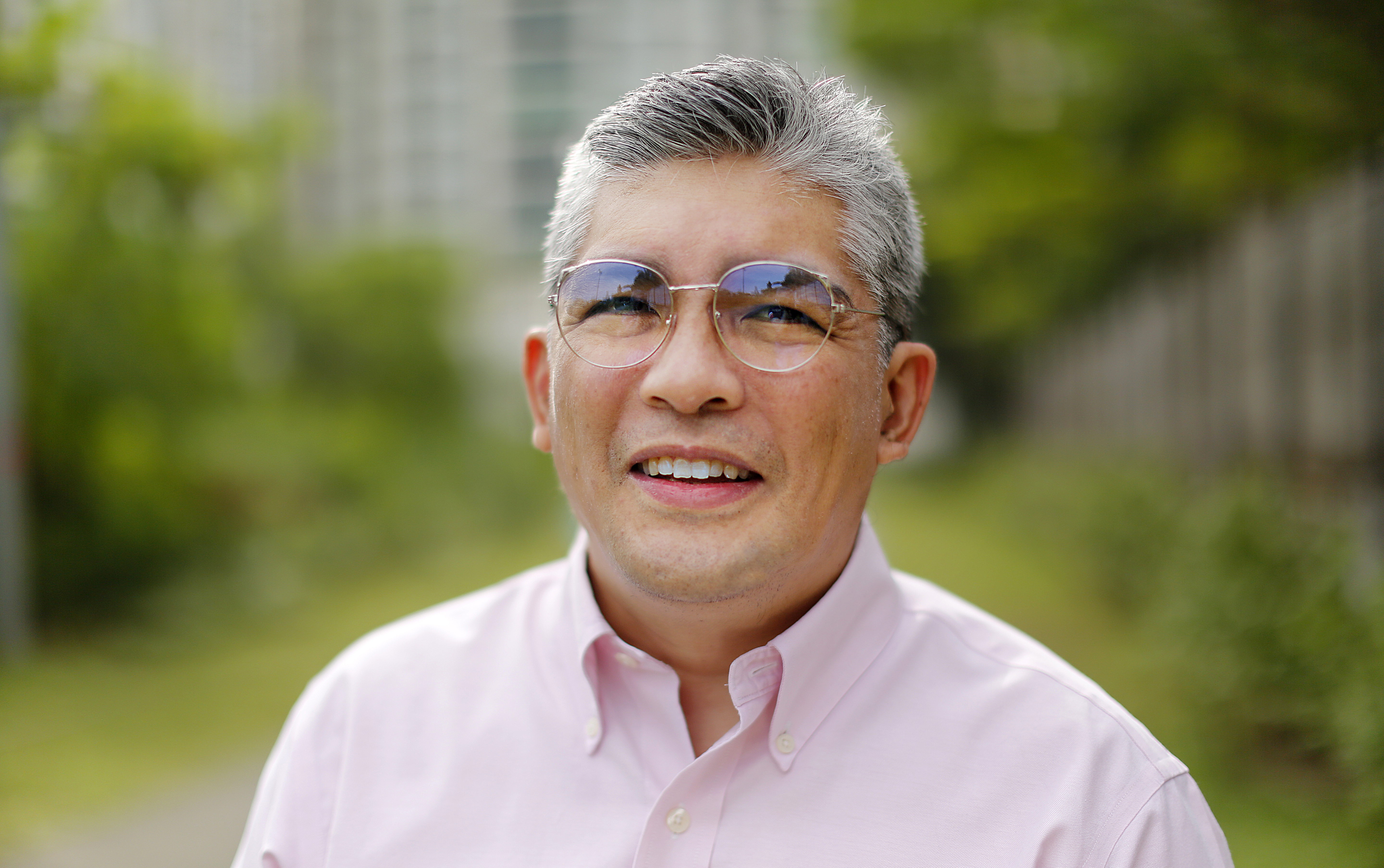OFF THE BEATEN PATH

People often ask me why I travel so much. On any given day, I’m usually on the road to somewhere else. For the most part, I travel because it is important for the work I do. But the primary reason I have for going from place to place in the Philippines is that I am deeply in love with Filipinos – with their joy, their positivity, and with the resilience and determination of their spirit. There truly is nothing like it in the world.
Which is why it gives me pause, sometimes, when I see the challenges facing our countrymen today. In the post-pandemic era, the most important thing is re-construction. Unable to get anything done out of fear of the disease that brought the whole world to its knees, Filipinos needed all the help they could get. But with that disease mostly under control, our countrymen are ready, I believe, for a fresh perspective: one that emphasizes re-building the strength of the nation, developing the people’s confidence and capability for self-reliance, and empowering them to take control of their lives once more: a perspective and approach that gives a hand up, not a hand out.
A partner
Earlier in the year, I had the opportunity to travel to Scarborough shoal, together with a group of fishermen on an 18-hour-long boat ride. It was eye-opening trip that tested my ability to survive sea-sickness, but also showed me – first hand – just how important it was that government should serve as a partner in progress, supporting people in their efforts rather than simply providing short-term solutions.
It is the same lesson I learned from other places. Take Siargao, for instance. Away from the touristy areas, I learned that potable water was an issue that the locals struggled with. So, I brought water filters to CARAGA and a process that they could adopt and adapt to their own unique circumstances, empowering them to produce potable water with little to no additional assistance needed.
These, and other experiences, gleaned from my interactions all over the country, have shown me the transformative power of equipping individuals with tools and knowledge to achieve their goals. Whether it involves boosting productivity or teaching people how to access resources, these efforts very effectively imbue people with an enhanced sense of confidence and pride in their ability to get things done.
And this was my epiphany. It would be extremely helpful if we didn’t just give aid, but also capacitated those receiving the aid, encouraging self-improvement and ultimately, self-reliance. In this way, support becomes a springboard rather than a long-term crutch. As they say: giving a person a fish feeds them today; teaching a person to fish feeds them for a lifetime.
Supporting people in this way does not mean neglecting those in need. Quite the opposite: it honors their potential and equips them to rise above their challenges. It is a compassionate, practical approach that fosters resilience and independence.
Joy ripples
I find great joy in being able to help people – not by getting them over a rough patch with a band-aid, but by providing solutions that they can then embrace and make their own. How much better then, if we can do that on a national scale?
By offering the people the opportunity to create meaningful change, we also give them the ability to solve their problems in a way that uniquely fits their circumstances. And when individuals feel empowered to succeed on their own terms, the impact is lasting. This empowerment often sparks a ripple effect, inspiring others within their communities to follow suit.
Take healthcare for example.
One model for providing healthcare support is the dole out. When people need help, they turn to government and apply for financial assistance. That’s good and quite obviously, motivated by the desire to help. But imagine taking a different tack.
What if we expand access to affordable care, while establishing a system of health savings accounts – tax-free savings accounts designed to help individuals save money specifically for medical expenses? They do this in other countries and they are proven to enhance health outcomes while preserving the dignity of the patients and their families.
We can also call for more transparent pricing models that would help patients and their families by allowing better-informed decision making, avoiding financial surprises, and generally encouraging cost-efficiency. In fact, a similar program is already in place in the electrical power industry with many moving parts: the EPIRA, the competitive selection process mandate, and oversight by the Energy Regulatory Commission.
Bottom line, giving assistance to people works; empowering them, works even better.
A vision for progress
In the upcoming 2025 National and Local Elections, let us choose representatives who champion policies that empower Filipinos to succeed through their own efforts and ingenuity. #TogetherWe can cultivate a culture of progress and resilience that uplifts everyone and strengthens our nation.
By fostering innovation, rewarding effort, and encouraging personal responsibility, we can rise and build a system that unlocks the vast potential of our people. This is the vision we need in Congress – one rooted in faith in the Filipino spirit and the belief that empowered individuals lead to a stronger, more vibrant Philippines.
Wishing everyone a Merry Christmas and Happy Holidays!
(The author is a former Comelec commissioner. He is a pioneer of automated elections being a member of the Commission that successfully modernized Philippine elections in 2010. He remains involved in public service as an election lawyer. Email: [email protected])